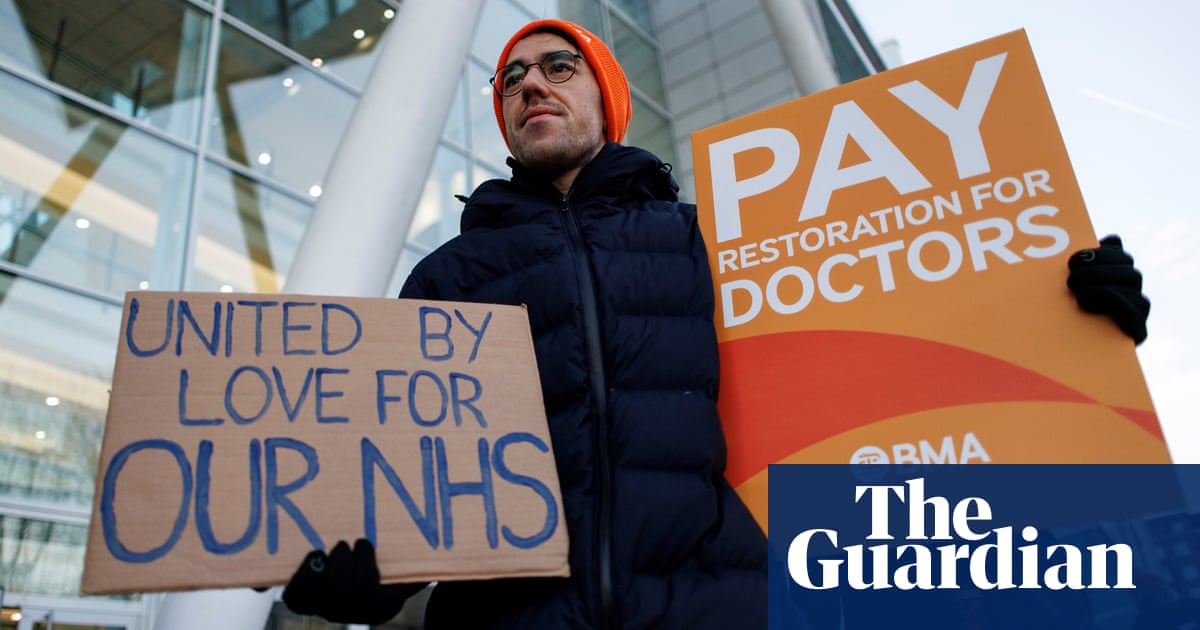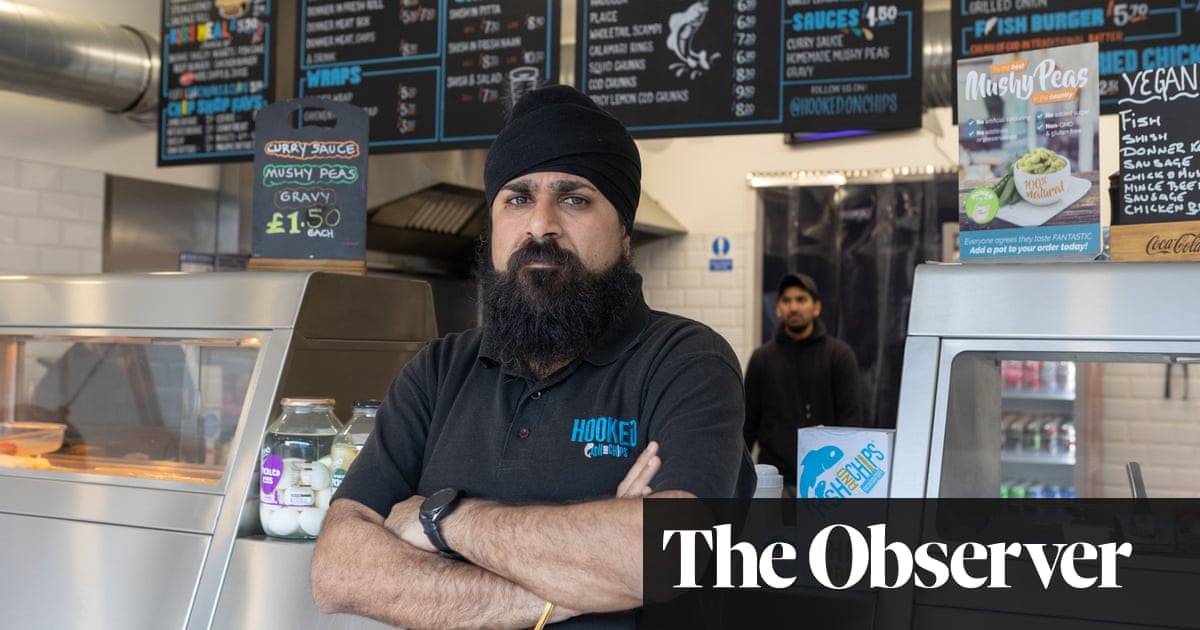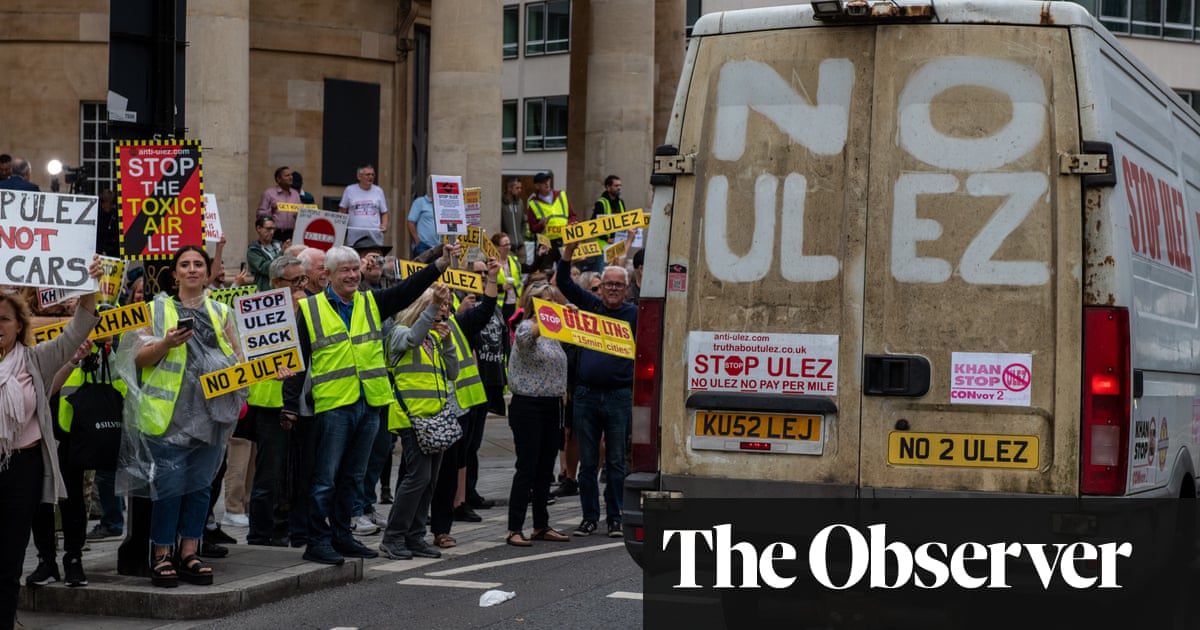
GPs in England are to stage industrial action for the first time in 60 years amid a row over funding. NHS England has warned the action could cause significant disruption beyond just primary care.
How did they get here and what will the impact be on patients and the NHS?
Why are family doctors taking action?
More than 8,500 family doctors took part in a ballot by the British Medical Association (BMA). It closed on Monday and today it was announced that 98.3% voted in favour of collective action.
The BMA has argued that the new GP contract, within which the last government only agreed to a 1.9% funding increase for 2024-25, means many surgeries will struggle to stay financially viable.
GPs launched a formal dispute over the issue in April after a referendum by the BMA found 99% of 19,000 GPs rejected the contract.
What is collective action?
GPs have not voted to strike or close their doors, but have decided in favour of work-to-rule action.
The BMA is recommending a list of 10 measures family doctors can take, with practices able to choose how many they implement.
These include GPs limiting the number of patients seen a day to 25, choosing to stop performing work they are not formally contracted to do, and not sharing patient data unless it is in the best interests of the patient.
How will it affect patients?
GP practices are still required to open from 8am to 6.30pm Monday to Friday but patients may find it harder to get an appointment. The level of disruption will vary between surgeries.
Louise Ansari, the chief executive of Healthwatch England, said the work-to-rule action could “exacerbate” access problems “or even deter people from seeking help altogether if they are unsure whether their surgery is still open to patients”.
NHS England has urged patients to seek care as usual.
When will it begin?
Immediately. Collective action by GPs in England began on 1 August.
How long will the industrial action last?
It could last for months. Because it is collective action, not strike action, the disruption could go on indefinitely.
Dr Katie Bramall-Stainer, the chair of the BMA’s GP committee, has said it could last “week on week on week, month on month on month”.
When was the last time GPs took action?
This is the first time this has happened in sixty years.
The last time GPs took collective action was in 1964 when family doctors collectively handed in undated resignations to the Wilson government. It led to reforms including the Family Doctor Charter of 1965.
A proportion of GPs staged industrial action in 2012 in protest against increases in pension contributions and a later retirement age for doctors. Estimates suggest that between a fifth and a third of practices took part in the action.
How will it affect the wider NHS?
Experts have warned collective action will very likely impact the wider health service.
NHS Providers, which represents NHS trusts, said the action “will hit patients hard as wider NHS services feel the knock-on effects”, while the King’s Fund thinktank said the action could result in thousands of people turning to services such as 111, pharmacies and A&E departments.
What has the government said?
Responding to the launch of the collective action, Wes Streeting, the health secretary, said he wanted to build a “new relationship” with GPs.
In a letter to family doctors posted on X, Streeting described general practice as sitting at the “heart” of the NHS, but said it “has been neglected for too long”.
He wrote: “The [GP] contract needs reform, but the relationship I want with you and the profession isn’t simply a contractual one, but a new partnership.
“That is why I am determined to act immediately in the interests of patients to address an immediate challenge you have raised.”
What has the government offered?
Streeting has backed a recommended above inflation 6% pay increase for GPs and their teams – a 4.1% uplift to GP contract funding on top of the 1.9% rise. He has also announced plans to allow GP surgeries to use a separate £1.4bn scheme to recruit newly qualified GPs during 2024-25.
Will that be enough to end the row?
Not likely. Collective action will continue until GP leaders and Streeting agree on a resolution.












